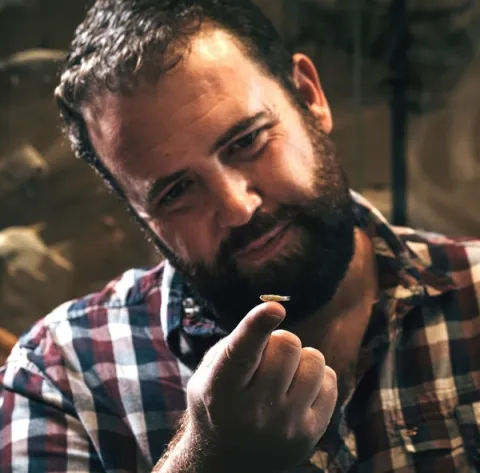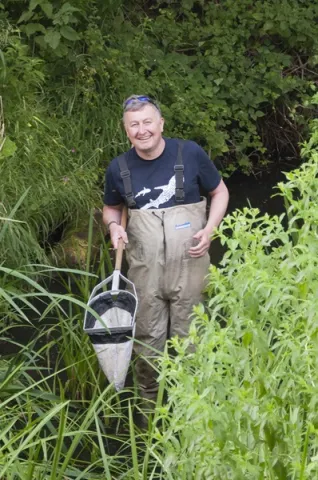About the project
Bony fishes are the most diverse group of vertebrates in terms of both species richness and body sizes, with over 30,000 species ranging from 8mm to 10m long and from <0.001g to 2,300kg. Large fishes may seem charismatic, but the smallest fishes in ecosystems may be the most important from ecological and biodiversity perspectives.
For example, on coral reefs, the average size of adult fishes is just 45mm long, yet these small fishes form the foundations of critical food webs which support ecosystem functions. These “miniaturised” fish species are found worldwide, among numerous phylogenetic lineages and ecosystems, from tropical river systems to the deep sea. Although widespread among fishes, the evolution of miniaturisation appears to be a relatively demanding and recent process.
This project will explore the benefits and costs of miniaturisation by using 2D and 3D micro-CT data to compare the functional morphologies of miniature fishes with their larger relatives. By collaborating with the Natural History Museum and using their collections, it will be possible to apply this technique across multiple extant and fossil lineages, allowing us to reveal how miniaturisation has affected the ecological roles of fishes and how it may have shaped their evolution.
For full project details visit the Inspire project page.
Supervisors
- Dr Christopher Goatley (University of Southampton)
- Dr Nic Bury (University of Southampton)
- Dr Phillip Fenberg (University of Southampton)
- Mr James Maclaine (Natural History Museum)

